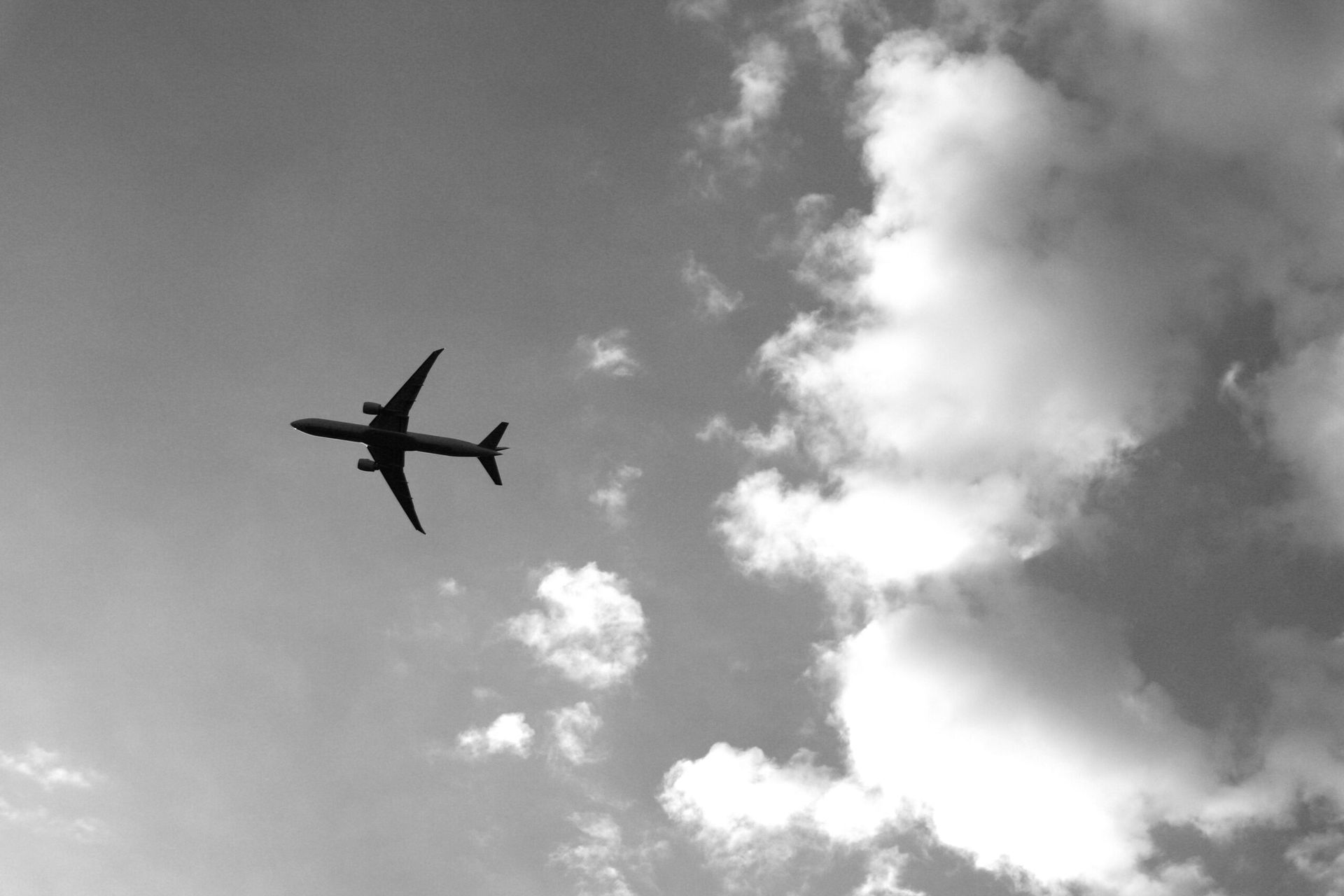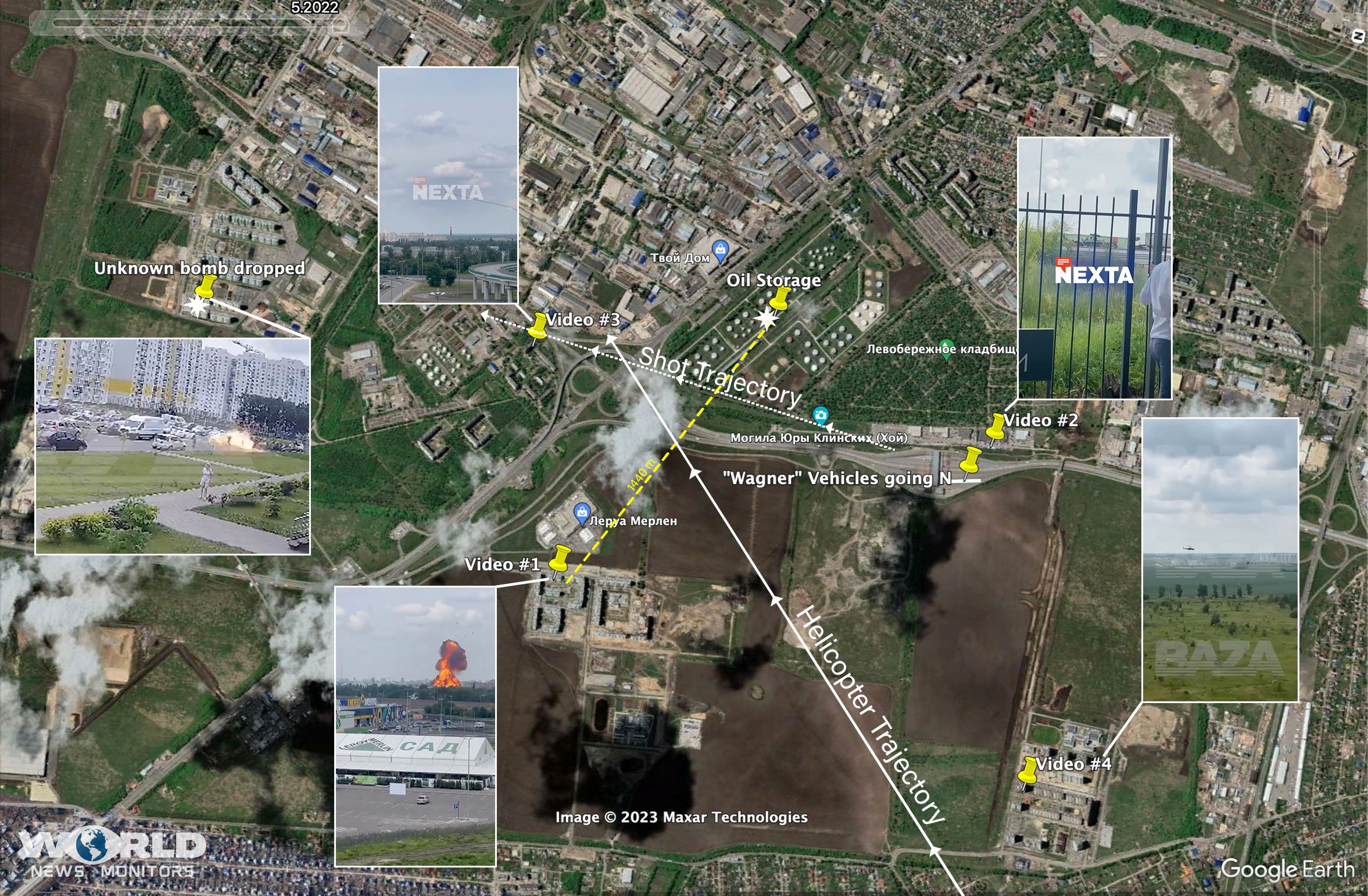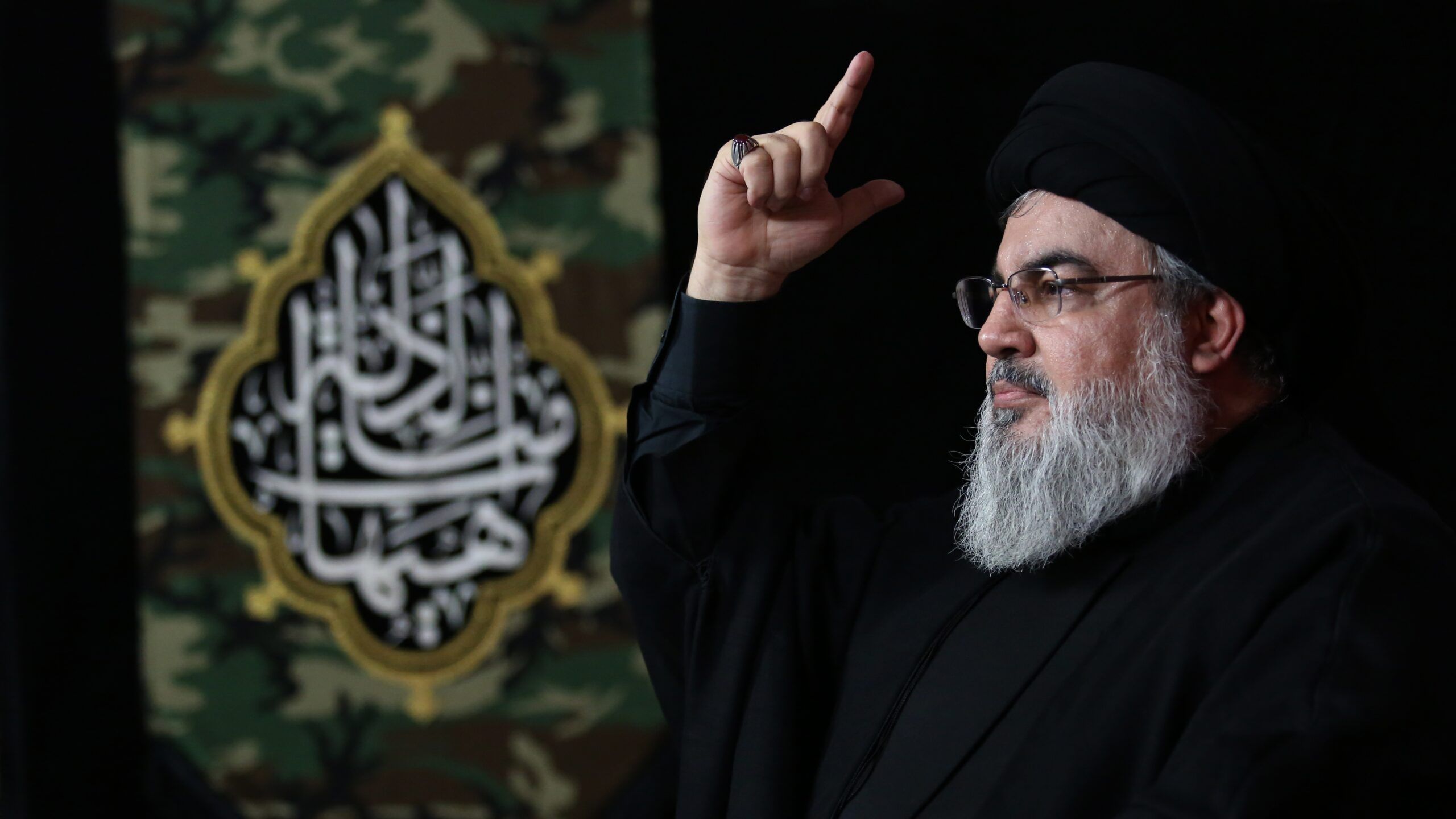Flight J2-8243: Tragedy in the Skies and the Shadow of Military Conflict

On December 25, 2024, Azerbaijan Airlines Flight J2-8243, en route from Baku to Grozny, tragically crashed near Aktau, Kazakhstan, claiming 38 lives out of the 67 passengers and crew onboard. The crash, initially attributed to adverse weather conditions and emergency landing attempts, has since garnered international scrutiny following allegations of Russian anti-aircraft system involvement, complicating an already devastating event.
The flight was diverted to Aktau due to dense fog in Grozny and heightened military activity in the region. While attempting an emergency landing, the aircraft crashed, breaking apart and catching fire. Witnesses reported explosions and a sudden loss of cabin pressure shortly before the crash. Photos of the wreckage revealed holes in the tail section consistent with damage from missile shrapnel, according to aviation experts. This evidence has fueled claims that the aircraft was struck during ongoing military operations.
Key figures have weighed in on the incident. Andrei Kovalenko, from Ukraine’s Center for Countering Disinformation, alleged that a Russian anti-aircraft missile was responsible, pointing to active air defense systems in the region. Rasim Musabekov, Member of the National Assembly of Azerbaijan supported this claim, asserting the plane was hit in Russian airspace and accusing Russian media of spreading disinformation to obscure the truth. Musabekov called for Russia to take responsibility, citing Azerbaijan’s precedent in acknowledging past accidental military actions. Meanwhile, Ramzan Kadyrov, Head of Chechnya, expressed condolences but avoided addressing the missile allegations. On the same day, he awarded a medal to his nephew, Hamzat Kadyrov, for managing “anti-drone operations”, which reportedly destroyed “all drones in the area”, raising questions about the simultaneous presence of a civilian flight in the region.
Euronews, citing Azerbaijani government sources, reported that the plane was hit during Russian drone interception operations over Grozny, corroborating eyewitness accounts and shrapnel evidence. In contrast, Russian media offered alternative theories, such as a bird strike or an onboard gas balloon explosion, though no evidence supported these claims. Senator Lukin’s call to avoid public discussions of the incident further fueled speculation of a cover-up.
Analysis of the wreckage strongly suggests external interference, with experts dismissing theories of bird strikes or onboard explosions. The timing of the crash, coinciding with active Russian air defense operations, highlights the risks of overlapping military and civilian airspace. Critics argue that the failure to close Grozny’s airport, despite military activity, exemplifies inadequate safety measures.
The incident underscores the broader dangers faced by civilian flights in conflict zones. Azerbaijan has demanded a thorough investigation and accountability from Russia, emphasizing that failure to address the issue transparently could strain bilateral relations. Calls for an independent inquiry continue to grow amid conflicting narratives and mounting evidence.
As investigations proceed, the tragedy of Flight J2-8243 stands as a grim reminder of the perils of operating civilian aircraft near active military zones. The incident highlights the far-reaching impact of conflict, where ongoing tensions create risks that extend beyond the battlefield, affecting the safety and well-being of civilians in everyday situations.
More from the author


